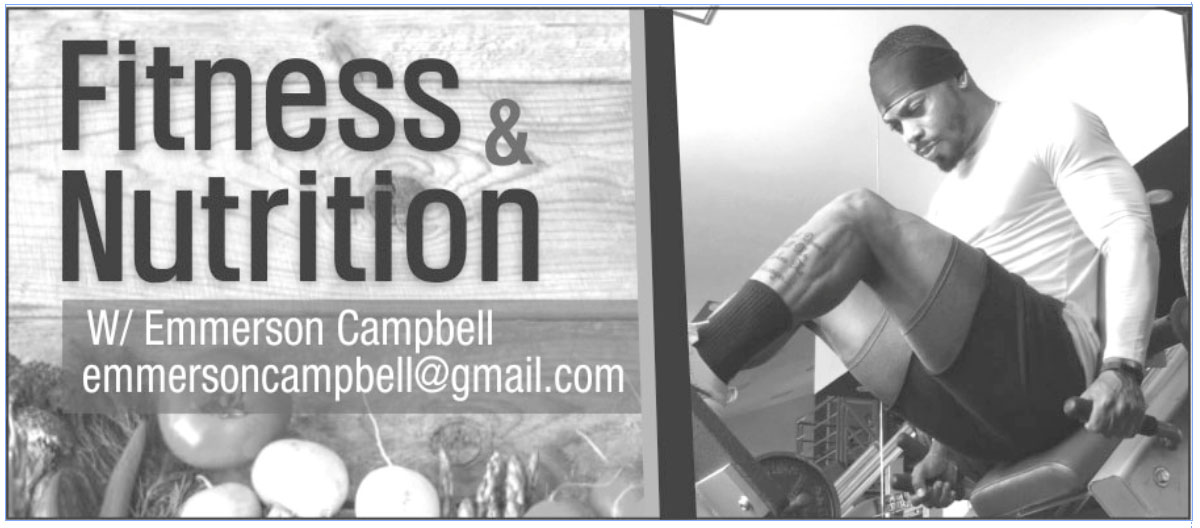In last week’s column, I wrote about adopting positive traits of elite athletes to achieve fitness goals and I mentioned gymnast Simone Biles, sprinter Elaine Thompson-Herah and swimmer Katie Ledecky. What they and other athletes have in common is a solid foundation, working with trainers, being open-minded, being patient, having goals and focusing on them and visualizing success.
Based on the positive feedback, I decided to elaborate on a few more traits that you could adopt to ensure your fitness goals are realized.
Set interim goals
Very often, some of you focus only on the big goals and don’t take into account where you currently are. Those big goals can seem intimidating and it’s very easy to forget about smaller achievements that gradually move you closer to where you want to get.
A better approach would be to set smaller goals as stepping stones and celebrate small successes. It will help you to appreciate all the hard work that you have put in and how far you’ve come.
Keep it fun
Training is a commitment but it doesn’t have to be all serious. Beware of the all-or-nothing mindset. Instead, bring a sense of fun and games into your training and never lose it. It will make it easier to stick with the process.
There’s a lot of pressure on athletes’ shoulders, so it’s very important that they enjoy what they’re doing. Do the same thing: have some laughs with your training partners. Listen to good music. Relax and immerse yourself in the moment. Let the process do its work.
Integrate training with daily life
Training doesn’t have to consume all of your free time. For amateur athletes, in particular, it has to be enjoyable and complement your lifestyle. It cannot be this daunting task that you have to do before you can relax.
Get creative with your training and find out what works for you. Train early in the morning to help yourself to wake up. Split longer sessions in two shorter ones to avoid getting too tired. Train indoors to spend more time with your family. Squeeze in a short run or gym session during your lunch break to mentally recharge.
Embrace failure
Don’t be afraid to make mistakes. Athletes fail all the time – that’s just the nature of progress. Sometimes the training programme is too ambitious, there could be an unexpected cold, a taper that didn’t work out as planned or a race didn’t go as expected. All of that is precious experience and counts towards getting better in the future.
It’s okay to fail and mess up. In fact, there’s a purpose in not getting what you want. It’s all about how you recover and what you learn from that.
Develop good habits
It’s not sustainable to always rely on willpower to do something. On some days it’s just harder to push yourself. Developing good habits is a good strategy to get around it and ensure consistency.
Instead of changing your lifestyle overnight, adopt an athlete’s mindset and do a little every day. Build good habits gradually – over time these will substitute the bad ones and you will increase energy levels, maximize recovery and improve performance.






